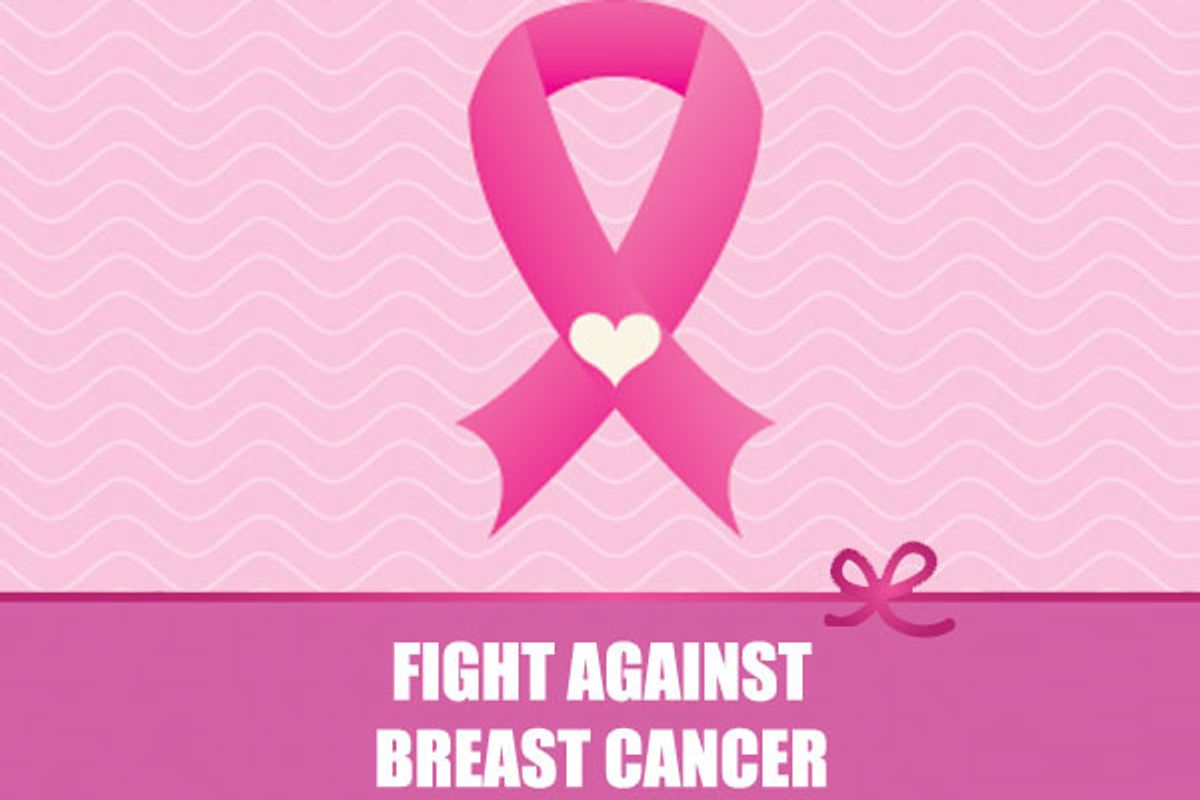
Can You Prevent Breast Cancer?
"You have cancer." Those three words hold so much power. They're life-altering in too many ways to measure. They're words that every women hopes they'll never have to hear.
Oct 07, 2014
Sep 29, 2020
Breast Cancer
Sheryl Kraft, a freelance writer and breast cancer survivor, was born in Long Beach, New York. She currently lives in Connecticut with her husband Alan and dog Chloe, where her nest is empty of her two sons Jonathan. Sheryl writes articles and essays on breast cancer and contributes to a variety of publications and websites where she writes on general health and wellness issues. She earned her MFA in writing from Sarah Lawrence College in 2005.
Full BioLearn about our editorial policies

"You have cancer." Those three words hold so much power. They're life-altering in too many ways to measure. They're words that every women hopes they'll never have to hear.
"You have cancer."
Those three words hold so much power. They're life-altering in too many ways to measure. They're words that every women hopes they'll never have to hear.
And as a survivor who has heard those words, I'd like to be able to say that you'll never, ever have to hear them.
But there's no sure way to do that.
What I can do is tell you ways to reduce your risk—and be aware enough (or in some cases, lucky enough) that if you do get diagnosed with breast cancer, it will be found at an early stage, where it's typically more treatable.
While there are many factors that influence your breast cancer risk, there are also factors that are unknown or out of your control. But it's worthwhile to know the things that might be alterable … being proactive and taking charge of your health might be a comfort in and of itself, don't you think?
Ironically, my birthday falls in the same month as Breast Cancer Awareness Month. So, I get to make as many wishes as I want!
My wish for you: May you never have to face a diagnosis of breast cancer. Another wish: If you do get diagnosed, may it be early and treatable. My last wish: That you do everything you can to ensure your breast health.
This post originally appeared on mysocalledmidlife.net.